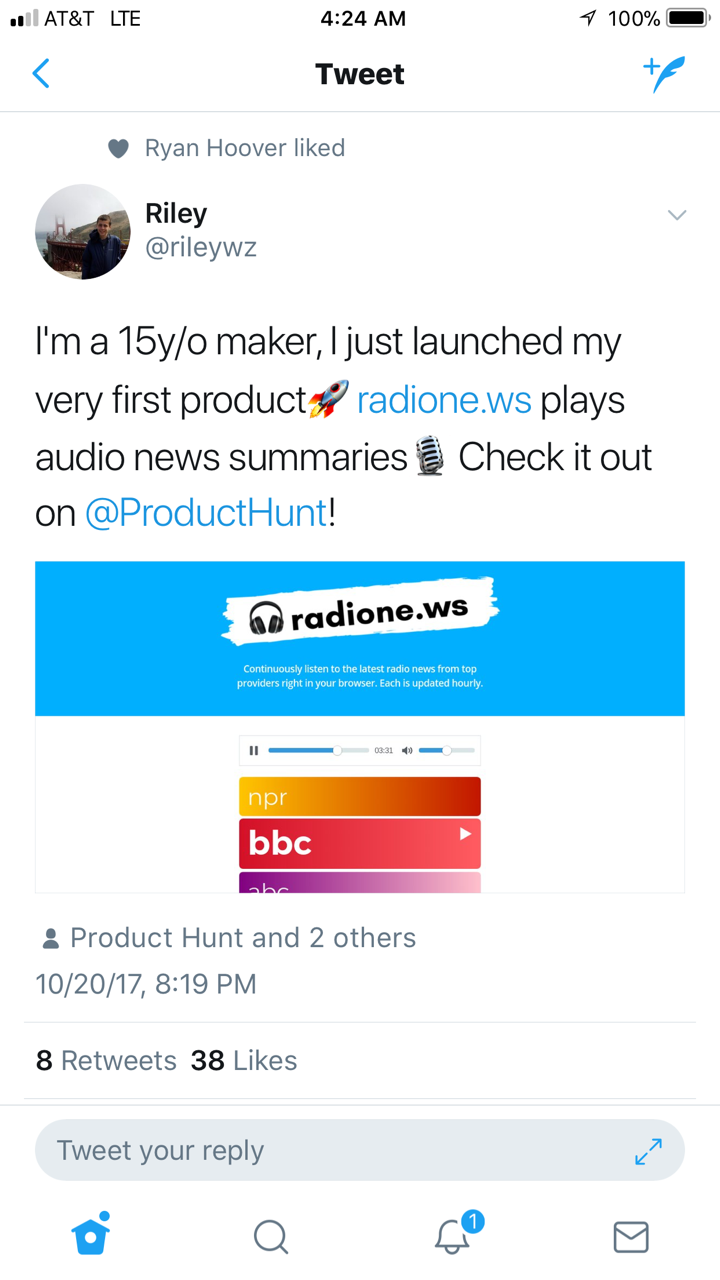How and why keyword stuffing destroys search rankings
Quick Summary of Contents
If you own, operate or manage a website, I’m sure you’ve heard the latest craze and buzzword, content marketing, tossed around much like a game of horseshoes or washers.
 For some, content marketing has become a science of keyword stuffing their content in an effort to increase search rankings.
For some, content marketing has become a science of keyword stuffing their content in an effort to increase search rankings.
Content marketing has become a full-fledge game of creating keyword salad.
A dab of this or that with a pinch of that or this, and this magic combination of subtle keywords is suppose to bring about favorable rankings from SEO gods.
For small businesses that believe this keyword salad business of keyword stuffing is the most effective SEO, Google and other search engines think otherwise.
I’ve had the opportunity in the last two weeks to review the SEO efforts of some small businesses that have a local focus when it comes to SEO.
I’m quite surprised by their definition of SEO to say the least. From run sentences to fragments, their content is so keyword-laden that it looks much like a crossword puzzle rather than engaging and legible paragraphs of sentences.
When I question small businesses about how their current content efforts are working, most admit that their efforts are useless and time consuming with little to no results.
For most, their websites have lost rankings all because of their keyword salad approach to content marketing.
Rather than creating a work of art and science in writing content that engages their customers and solves their customers’ problems, these small businesses focused strictly on the science of trying to game and outsmart search engines.
And in the end, they only ended up with keyword stuffed content that they now have to no-index.
In short, they created yet another larger issue to address while never addressing their initial issue of lacking engaging content that customers learn from and share with others.
How do you know if your keyword stuffing content?
Simply put, keyword stuffing refers to the practice of placing or inserting countless keywords into website content with a goal of increasing search rankings.
If your goal is to have X amount of keywords mentioned a certain number of times or a certain percentage, then your content marketing efforts are healthy serving of keyword stuffing.
Keyword stuffing is a practice that is considered highly unethical, whether knowingly or unknowingly implemented within a site.
Malicious and fraudulent websites, also known as black-hat websites or black-hat SEO, attempt to use keyword stuffing to generate substantial amounts of website traffic from search rankings.
Long-term, keyword stuffing does more harm than good for websites. Once your website has been penalized or de-indexed, correcting the website and re-optimizing and ranking the website becomes nearly impossible.
That’s not to say that a previously penalized or de-indexed website cannot be ranked, but doing so is quite timing consuming and double or triple the effort of executing white-hat SEO.
Why does keyword stuffing harm my website?
Much like eating too much turkey for Thanksgiving can make one very sick to the point of hospitalization at most or lethargic at very least, keyword stuffing has the same impact on your website.
Everything, including the use of keywords in content marketing, must done in moderation. Yes, keywords can help increase your website’s visibility to search engines.
However, the unnecessary use of keywords in content marketing will lead to grave search results, poor website ranking and user experience, spammy website association and endless penalties.
Difference in keyword stuffing and optimal keyword density
For instance, there is slippery slope when it comes to keyword stuffing and optimal keyword density.
Most experts will agree that 3-8% is the best density to strive for.
However, personally, I say try to strive for less than 3% and put more focus on the content being engaging and solving customer problems.
It doesn’t take keywords to solve problems nor increase website traffic.
Those small businesses that focus on engaging content marketing first tend to create timeless pieces of content that are forever shared with the internet.
Those small businesses that focus on trying to pass the science of keyword stuffing, like focusing on adding keywords every 20-30 words more or less, off as content marketing are categorized as suspicious and incredible by search engines.
Keyword stuffing always leaves your content heavily penalized by search engines and unreadable by the most important people bringing business to you, customers.
That’s why it is of great importance to focus your SEO efforts, whether DIY or monthly retainer, on optimized content marketing that use search-safe strategies.
As a way to help small businesses identify keyword stuffing, I’ve put together a quick list of highly identifiable keyword stuffing offenses below.
- Unnaturally repeating keywords is no doubt the top offense when it comes to keyword stuffing. Keyword-laden content makes the entire content sound unnatural and your customers will have great difficulty in understanding the information. Most websites with keyword-laden content tend to have high bounce rates. That said, avoid over repeating the key phrases.
- Irrelevant bolding of keywords is yet another common keyword stuffing offense. Many times, keywords are bolded and even italicized as a way to not only draw a customer’s attention to content but also search engines. Outside of header and title tags or to draw interest to one or two points within content in its entirety, there really is no reason to bold or italicize content for search engines.
- Use of blocks or lists of keywords is another old trick that must be retired. Sometimes website owners, especially small businesses, are known to try to place keyword-laden content at the end of every page on their website or at the end of each blog post. Sadly, most individuals do not know they are making a mistake by using unnatural keyword-laden lists and blocks.
- Using phrases that mean the same thing is another subtle trick that many have tried using to increase search rankings. It too has proven to be a very slippery slope that leads to keyword stuffing and the creation of the synonymous keyword salad of useless keywords and content.
- Stuffing words in the anchor text is another highly offended method by those trying to increase search rankings. Anchor text is important in regards to one’s SEO effort, but abusing or heavily using keywords in anchor is only a recipe for heavy penalties and de-indexation of one’s website. Again, this is yet another slippery slope that leads to keyword stuffing.
These are just some of the many keyword stuffing tricks many have tried to climb the SEO mountain to increase search rankings and website traffic in record time.
However, most fall victim to the SEO mountain’s penguins and pandas.
And for those that don’t, long-term the consequences are greater as time passes and new SEO updates hit the masses.
In short, yes, you can quickly climb the SEO mountain of search rankings for your focused keyword.
Yet fall from SEO grace without the capacity to ever reach the top again due to the severe harm caused to your website keyword stuffing.
It’s best to take one’s time with a search-safe SEO strategy focuses on creating quality content and not large quantities of keyword-laden content good for nothing but ranking for a short time in search engines.
Have you ever experienced the consequences of keyword stuffing your website or a page within your website?












